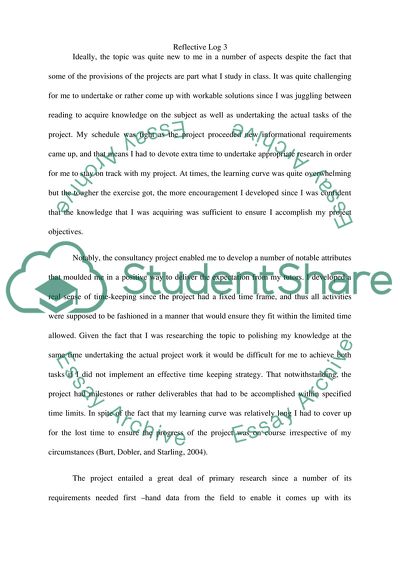Cite this document
(Reflective Log Essay Example | Topics and Well Written Essays - 1750 words - 1, n.d.)
Reflective Log Essay Example | Topics and Well Written Essays - 1750 words - 1. https://studentshare.org/marketing/1874485-reflective-log-of-report
Reflective Log Essay Example | Topics and Well Written Essays - 1750 words - 1. https://studentshare.org/marketing/1874485-reflective-log-of-report
(Reflective Log Essay Example | Topics and Well Written Essays - 1750 Words - 1)
Reflective Log Essay Example | Topics and Well Written Essays - 1750 Words - 1. https://studentshare.org/marketing/1874485-reflective-log-of-report.
Reflective Log Essay Example | Topics and Well Written Essays - 1750 Words - 1. https://studentshare.org/marketing/1874485-reflective-log-of-report.
“Reflective Log Essay Example | Topics and Well Written Essays - 1750 Words - 1”. https://studentshare.org/marketing/1874485-reflective-log-of-report.


